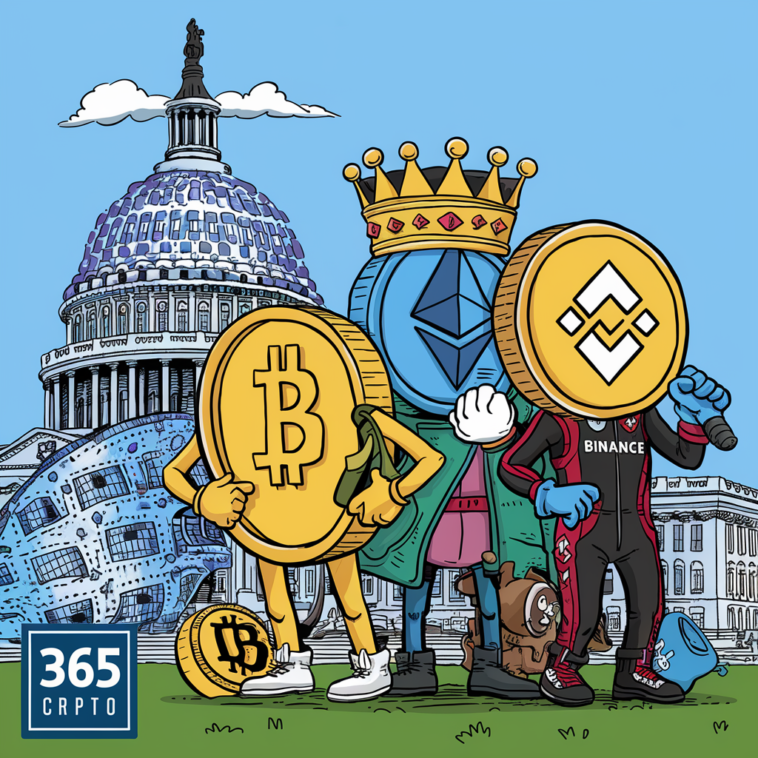US Lawmakers Divided Over DeFi in First Congressional Hearing
At the first-ever Congressional hearing on decentralized finance (DeFi), U.S. lawmakers were split along party lines, revealing stark differences in their views on the future of finance. The House Financial Services Committee’s hearing, titled “Decoding DeFi: Breaking Down the Future of Decentralized Finance,” focused on how blockchain technology could reshape the financial system.
Republican Support for DeFi
Republican lawmakers, like subcommittee chair French Hill, were optimistic about DeFi, seeing it as a way to reduce reliance on traditional financial intermediaries. Hill highlighted how decentralized systems could offer more control and autonomy, referencing Canada’s 2022 decision to freeze protestors’ bank accounts as an example of government overreach that DeFi could prevent.
Democratic Concerns About Crime and Tax Evasion
Democratic lawmakers, however, expressed concerns over the risks posed by DeFi. Representative Brad Sherman criticized the technology, claiming it’s primarily used for tax evasion and illegal activities. Other Democrats, like Maxine Waters, worried about the ability of regulators to manage decentralized platforms, citing recent hacks and scams as evidence of the dangers.
Expert Testimony on Both Sides
Experts presented differing views on DeFi. Peter Van Valkenburgh from Coin Center argued that while tax evasion is a concern, it doesn’t justify complete financial surveillance. Meanwhile, Mark Hays from Americans for Financial Reform labeled DeFi as volatile and prone to scams, calling for existing securities laws to apply.
On the pro-DeFi side, Amanda Tuminelli from DeFi Education Fund stressed the importance of financial inclusion, noting that traditional finance often excludes people, while DeFi provides open access to anyone with an internet connection.
DeFi (Decentralized Finance): A blockchain-based financial system that operates without central intermediaries, allowing peer-to-peer transactions.
Blockchain: A decentralized digital ledger that records transactions across many computers.
Securities laws: Regulations governing financial investments and transactions.





